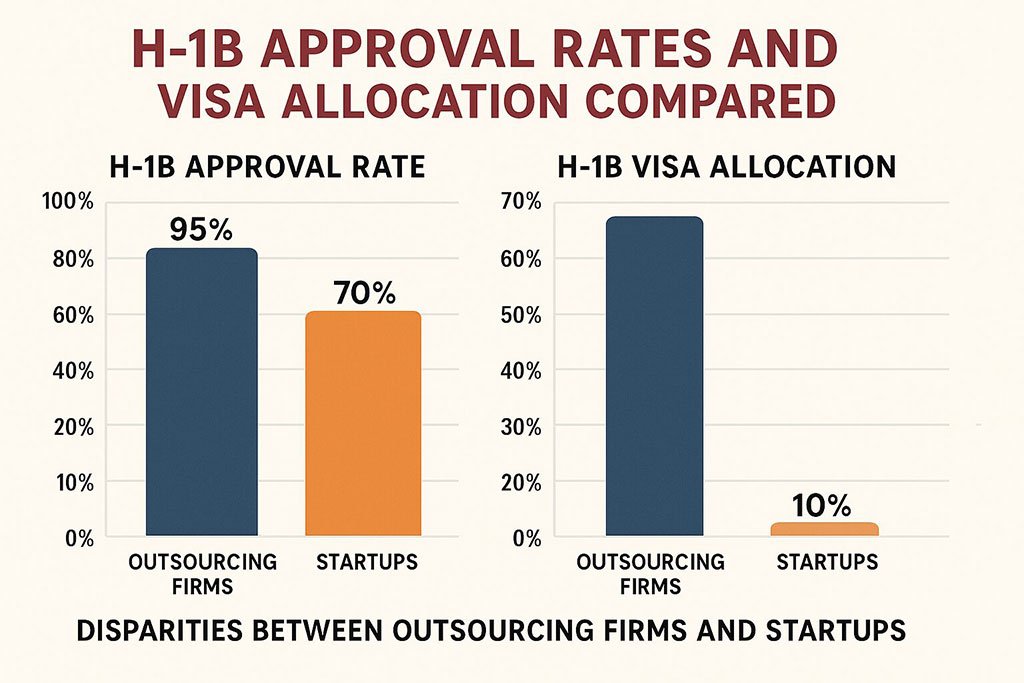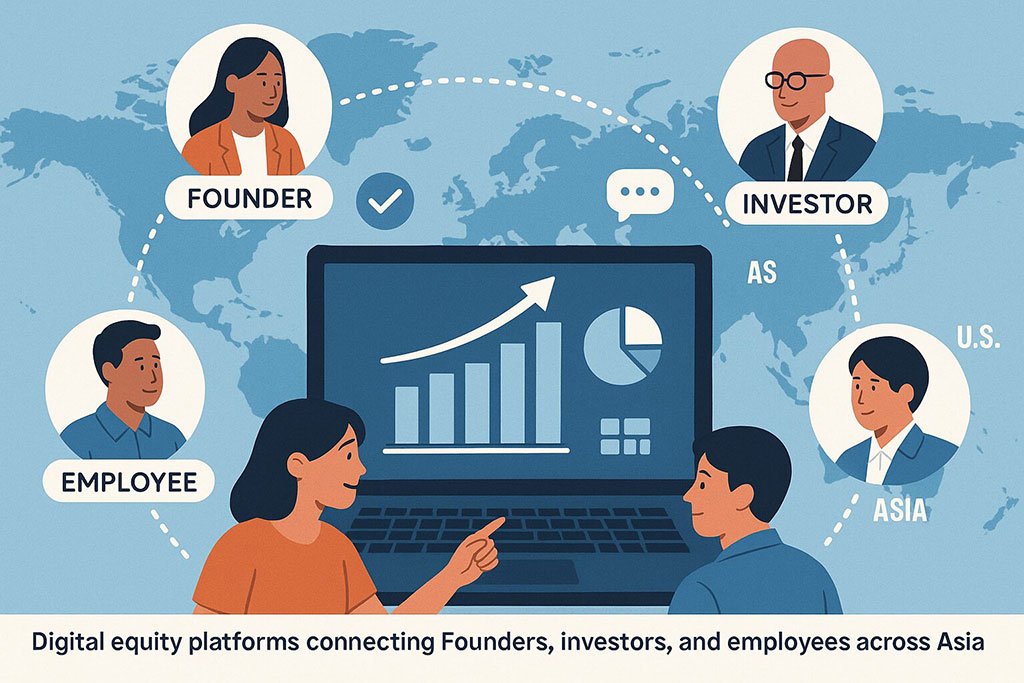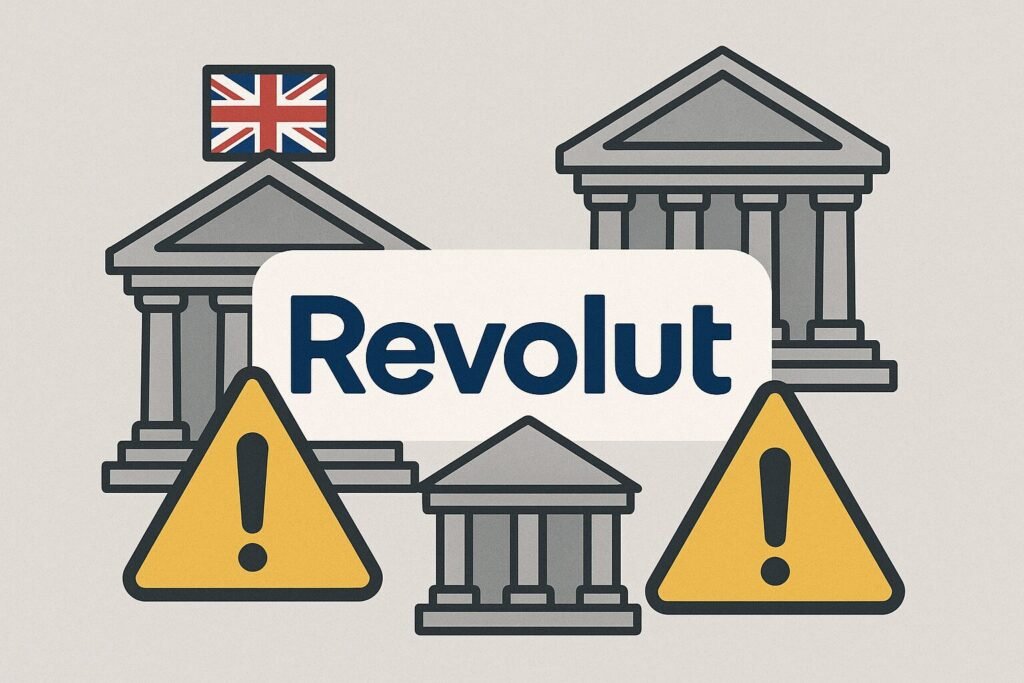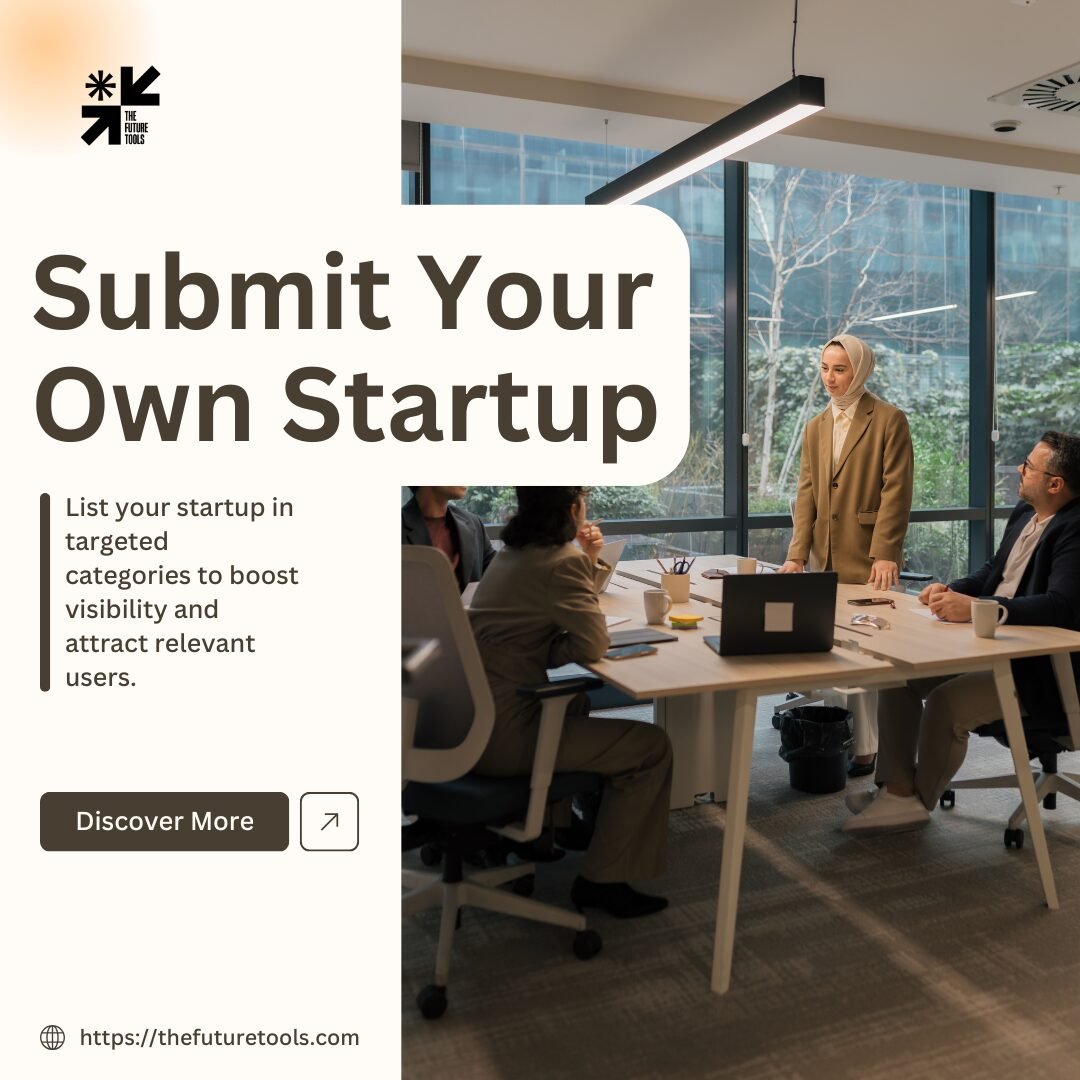Now Reading: Why More Venture Capital Isn’t Always Better for Your Startup
-
01
Why More Venture Capital Isn’t Always Better for Your Startup
Why More Venture Capital Isn’t Always Better for Your Startup
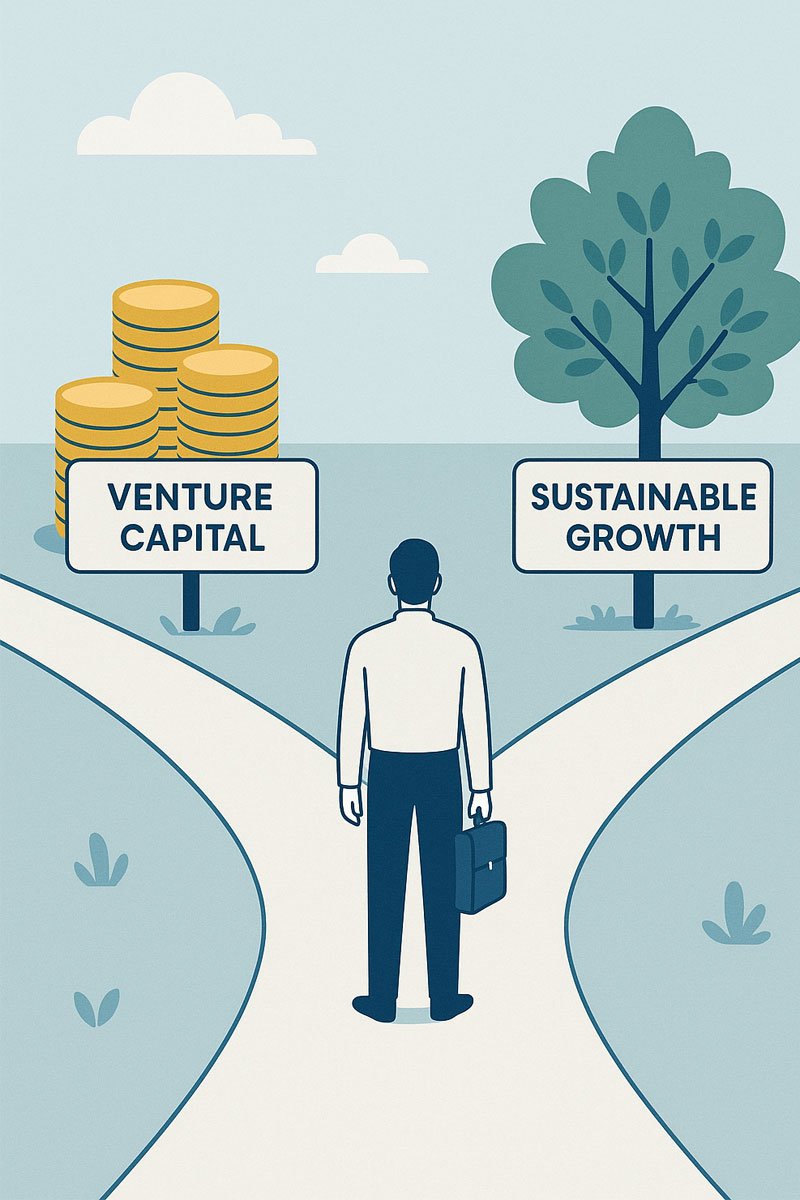
Venture Capital and Startup Growth
Venture capital (VC) is often seen as the golden ticket for startups aiming to scale quickly and dominate their markets. The allure of large funding rounds, high valuations, and the prestige of top-tier investors can make founders believe that more money equals more success. However, this assumption can be misleading. While venture capital can provide the resources needed to accelerate growth, taking on excessive funding comes with hidden costs that can jeopardize a startup’s long-term success. This article explores why more venture capital isn’t always better for your startup, diving into the risks, trade-offs, and strategies for optimizing funding decisions.
The Appeal of Venture Capital
Fuel for Growth
Venture capital offers startups the financial runway to hire talent, develop products, expand marketing efforts, and enter new markets. For early-stage companies, a cash infusion can mean the difference between staying afloat and shutting down. VC funding also often comes with mentorship, industry connections, and credibility, which can open doors to partnerships and customers.
The Pressure of High Valuations
Raising large sums often leads to higher valuations, which can boost a startup’s profile and attract attention. However, these valuations come with expectations. Investors anticipate significant returns, often within a compressed timeframe, which can push startups into aggressive growth strategies that may not align with their core vision or operational capacity.
The Hidden Costs of Excessive Funding
Loss of Control
One of the most significant downsides of raising large amounts of venture capital is the dilution of ownership. Founders often give up equity to secure funding, which can reduce their decision-making power. With more investors on board, startups may face pressure to pivot strategies, prioritize short-term gains, or even exit prematurely through acquisitions or IPOs that don’t align with the founder’s vision.
Misaligned Incentives
Venture capitalists typically aim for high returns in a short period, often 5-10 years. This timeline may conflict with a startup’s need to focus on sustainable growth or long-term innovation. For example, a VC might push for rapid user acquisition over profitability, leading to unsustainable business models that prioritize metrics over substance.
Increased Burn Rate
More funding often leads to higher spending. Startups may overspend on marketing, hiring, or untested initiatives in an effort to justify their valuation or meet investor expectations. A high burn rate can deplete cash reserves quickly, leaving the company vulnerable if revenue growth doesn’t keep pace. For instance, many startups in the 2021-2022 tech boom raised massive rounds only to face layoffs and restructuring when market conditions tightened.
Complexity in Operations
Large funding rounds often come with increased scrutiny and operational complexity. Startups may need to hire additional staff to manage investor relations, financial reporting, and compliance, diverting focus from product development or customer acquisition. The pressure to scale prematurely can also strain internal processes, leading to inefficiencies or missteps.
The Risks of Overfunding
Unsustainable Growth
Overfunding can push startups to scale too quickly, leading to operational bottlenecks, quality issues, or customer dissatisfaction. For example, a SaaS company that rapidly expands its sales team without refining its product may struggle to retain customers due to poor user experiences. Sustainable growth requires balancing investment with operational readiness.
Dependency on External Funding
Relying heavily on venture capital can create a cycle of dependency. Startups that burn through cash without achieving profitability may need to raise additional rounds at less favorable terms, leading to further dilution or even insolvency if investor confidence wanes. Bootstrapped or lean startups, by contrast, often develop disciplined financial habits that foster resilience.
Market Perception and Pressure
Large funding rounds attract public attention, which can be a double-edged sword. While they signal success, they also create expectations for rapid growth and market dominance. Failing to meet these expectations can damage a startup’s reputation, making it harder to secure future funding or partnerships.
When Less Funding Can Be More Effective
Focus on Efficiency
Raising smaller amounts of capital forces startups to prioritize efficiency and creativity. Limited resources encourage founders to focus on high-impact initiatives, such as refining their product-market fit or optimizing customer acquisition costs. This lean approach can lead to stronger unit economics and a more sustainable business model.
Retaining Strategic Flexibility
With less external funding, founders retain greater control over their company’s direction. They can experiment, iterate, and pivot without the pressure of meeting investor-driven milestones. This flexibility allows startups to adapt to market changes and customer needs more effectively.
Building a Strong Foundation
Startups that rely on organic growth or smaller funding rounds often focus on building a strong foundation—whether through a loyal customer base, a polished product, or a profitable business model. This approach can position the company for long-term success, even if it means slower initial growth.
Strategies for Optimizing Funding Decisions
Align Funding with Milestones
Instead of raising as much capital as possible, founders should align funding with specific milestones, such as launching a product, reaching a revenue target, or entering a new market. This approach ensures that capital is used efficiently and reduces the risk of overfunding.
Explore Alternative Funding Sources
Venture capital is not the only path to growth. Founders can explore bootstrapping, angel investors, revenue-based financing, or crowdfunding to maintain control and avoid excessive dilution. Each option has trade-offs, but they can provide more flexibility than traditional VC funding.
Prioritize Profitability
Building a profitable business model early on reduces reliance on external funding and strengthens a startup’s negotiating power in future rounds. Profitability also signals to investors that the company is disciplined and capable of generating sustainable value.
Negotiate Terms Carefully
When raising venture capital, founders should pay close attention to term sheets. Terms like liquidation preferences, board seats, or anti-dilution clauses can significantly impact a startup’s future. Working with experienced legal counsel can help founders secure favorable terms and protect their interests.
Real-World Examples
Consider the case of WeWork, which raised billions in venture capital but struggled with unsustainable growth and a high burn rate, ultimately leading to a failed IPO and significant restructuring. In contrast, companies like Mailchimp bootstrapped for years, focusing on profitability and customer satisfaction, eventually selling for $12 billion without taking significant VC funding. These examples highlight the importance of aligning funding with a startup’s unique goals and market conditions.
While venture capital can be a powerful tool for startup growth, more isn’t always better. Excessive funding can lead to loss of control, misaligned incentives, and unsustainable growth, putting the startup’s long-term success at risk. By raising capital strategically, focusing on efficiency, and prioritizing profitability, founders can build resilient businesses that thrive without the burden of overfunding. The key is to view venture capital as a means to an end, not the end itself, and to make funding decisions that align with the startup’s vision and values.







